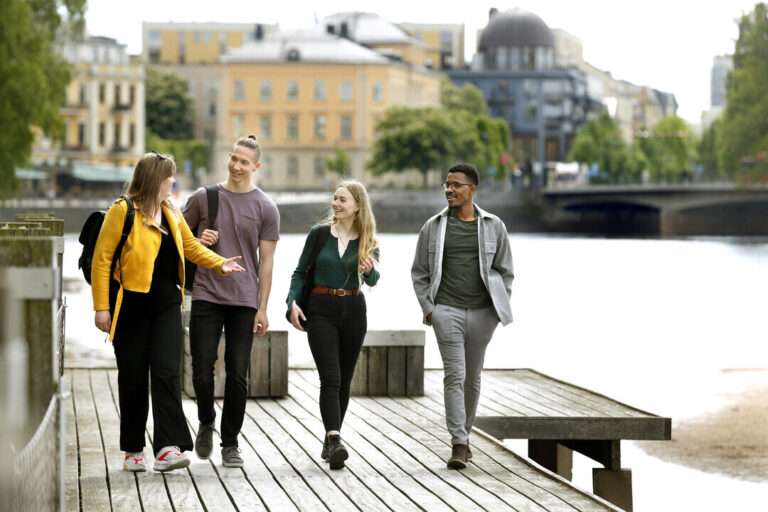
Climate Neutral Karlstad 2030 is part of Viable Cities' initiative Climate Neutral Cities 2030. Here you will find the latest news about Karlstad Municipality.

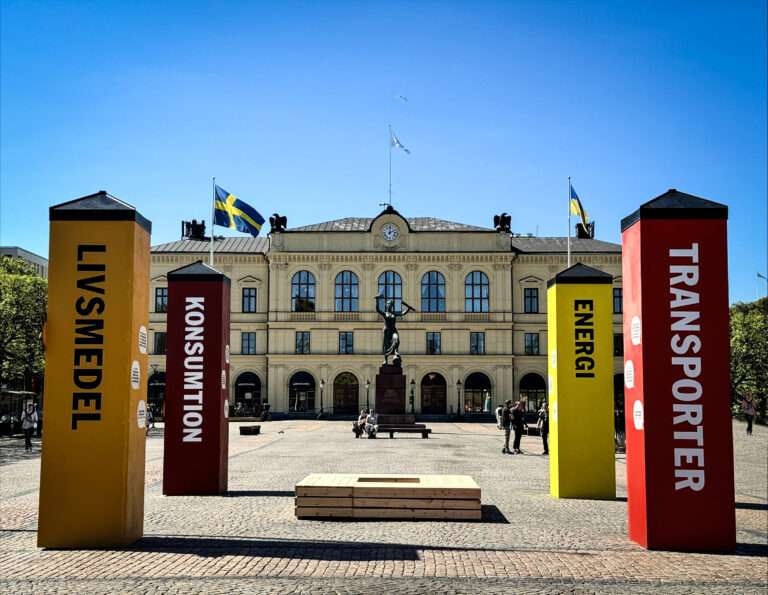
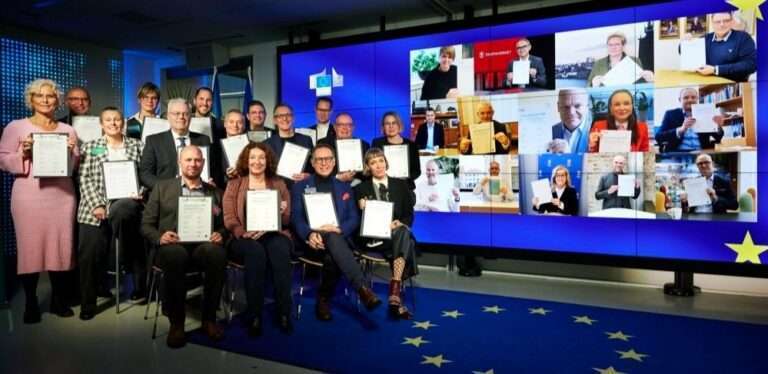



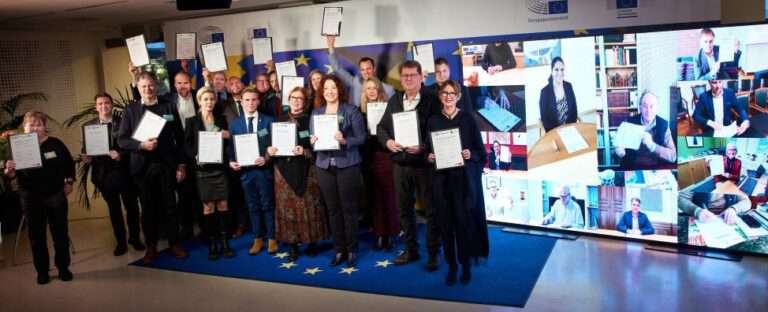
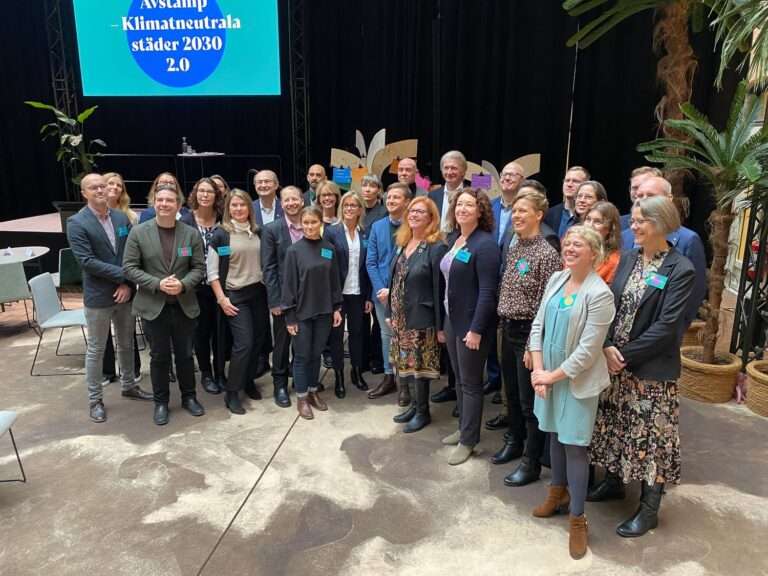
23 Swedish cities - representing 40% of Sweden's population - are now working together to accelerate the transition to climate-neutral and sustainable cities. Today, the top political leadership of all cities gathered for the launch of Phase 2 of the Climate Neutral Cities 2030 initiative.
This spring, the Sharing Towns project will publish a handbook on the sharing economy for small and medium-sized municipalities, with good examples and strategies for successful work. The book is based on Yuilya Voytenko Palgan's framework for how municipalities can run and manage the sharing economy.